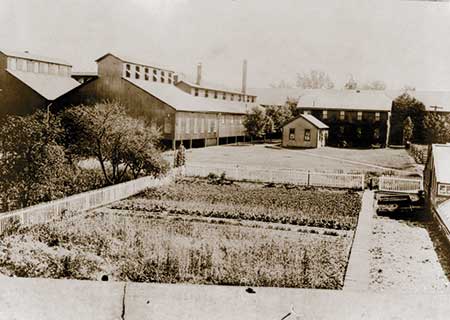Although business was at a stand still, Rebecca and the Brandywine Iron Works did not lose much. Yes, there was fear of legitimate ruin, but Rebecca's actions saved her business. Her caution with untrustworthy customers and willingness to spend money, even during production downtime, were key. When production stopped, Rebecca put the employees to repairing the dam and working on her farm. These actions instilled loyalty and respect from her employees, customers, and creditors.
Quaker beliefs influenced Rebecca her entire life, especially during hard times: the importance of integrity, the belief in fair value for fair value received, and the connection between one's business life and one's spiritual life. Religious and self values, experience with hard personal times, and a lifetime involvement in business had prepared Rebecca do deal with the Panic of 1837.
By 1850, a significant percentage of American ironworks failed and went out of business. This was not the case for Brandywine Iron Works, which made it through the recession with strength and success. Rebecca managed to maintain the loyalty of workers, keep the confidence of creditors, and even turn a profit during those difficult times. Both Rebecca and her mill survived.



